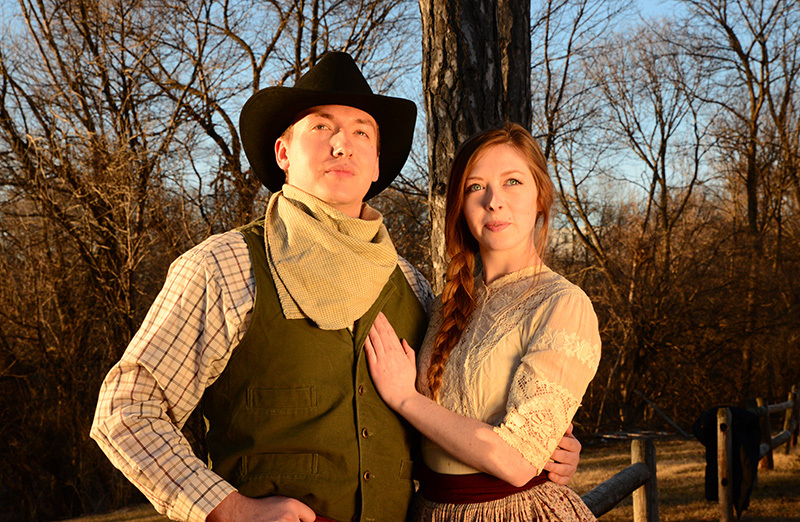Eight faculty teams will share $75,000 in grants next year to develop innovative approaches to undergraduate student learning. Grant funding came from the president's office ($50,000) and the Center for Excellence in Learning and Teaching ($25,000).
The CELT advisory board reviewed 29 proposals, requesting nearly $350,000 in support, and made recommendations to senior vice president and provost Jonathan Wickert, who gave final approval. The maximum grant is $15,000.
The principal investigators on the funded proposals represent five different colleges. Following is a summary of the eight proposals funded for 2018-19.
Can automated writing evaluation enhance undergraduate writing? A cross-disciplinary, multicourse pilot of Grammarly
Faculty: James Ranalli, English, and 20 collaborators
Award: $13,000
Summary: Pilot Grammarly, one of several automated writing assistant tools on the market, in writing-focused and writing-intensive courses. The team will collect student and instructor views on Grammarly's value to writing instruction.
Promoting student engagement and productive group dynamics in team-based learning calculus courses
Faculty: Amanda Baker, School of Education; and Heather Bolles, mathematics
Award: $15,000
Summary: Evaluate student engagement and team dynamics in calculus sections using team-based learning, with the goal of developing recommendations for improving student experiences and outcomes in this course -- and others that use a cooperative approach to instruction.
Sketchnoting as a pedagogical tool in ecology
Faculty: Verena Paepcke-Hjeltness, industrial design; Ann Russell, natural resource ecology and management; and Ann Gansemer-Topf, School of Education
Award: $14,148
Summary: Students who sketchnote break down complex concepts into visual combinations of words, drawings, lines and shapes. This team will introduce this note-taking strategy in an undergraduate biology course required for majors and evaluate its effect on students' capacity to solve problems.
Real talk: Engaging pre-service elementary social studies teachers in critical inquiry and conversations about race and immigration
Faculty: Noreen Naseem Rodríguez and Katy Swalwell, School of Education
Award: $10,751
Summary: Students in required early childhood and elementary methods courses will work in small reading groups to study race and immigration in the U.S. to be better prepared to work with children whose race and linguistics are different from their own.
Latino/as and the Iowa immigration experience: Undergraduates and community engagement
Faculty: Megan Jeanette Myers and Flor Romero de Slowing, world languages and cultures
Award: $7,091
Summary: In this new course, undergraduates majoring or minoring in Spanish or U.S. Latino/a studies will serve as mentors to Perry High School students to improve their own cultural competency, social responsibility, and leadership and communication skills.
Practical experience on service dog behavior and training science
Faculty: Mariana Rossoni Serao and Jodi Sterle, animal science
Award: $5,000
Summary: Provide 10 weeks of service dog training (who serve individuals with disabilities) to undergraduate students, who will teach senior animal science students. The end goal is to alert students to the career and help meet the high demand for professionals in this field.
Developing innovative and interactive digital learning resources for veterinary medical students: Canine and feline applied anatomy
Faculty: Thimmasettappa Thippeswamy, biomedical sciences; Jessica Ward, veterinary clinical sciences; Jared Danielson, College of Veterinary Medicine dean's office; and Cory Farver, College of Veterinary Medicine IT services
Award: $5,000
Summary: Create digital, interactive resources for veterinary anatomy (regarded as a difficult and important yet dull subject) to improve students' motivation and enthusiasm for studying it.
Identifying factors that aid in the successful transition of transfer students from a two-year institution to Iowa State University
Faculty: Jennifer Bundy, animal science
Award: $5,000
Summary: Using several methods, collect qualitative and quantitative feedback from this specific group of transfer students to get at why their retention and graduation rates are lower than direct-from-high-school students and where resources are lacking that could help improve the rates.
The projects must be completed by June 30, 2019. In addition to preparing a final report, Miller fellows share the outcomes of their project during a fall luncheon.
The 2018-19 academic year will be the 22nd year of the Miller Faculty Fellowship program. It is named for and partially funded by the estate of F. Wendell Miller, an attorney and farm manager who died in 1995. His will stipulated that the bulk of his estate be used to create the Miller Endowment Trust, with income from the trust divided equally between Iowa State and the University of Iowa. Former president Martin Jischke established the faculty fellowship program in 1996.

